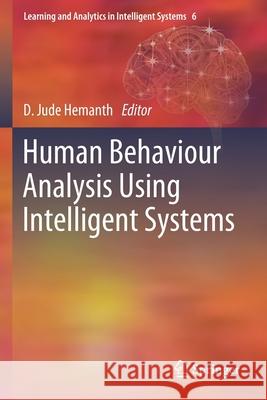Human Behaviour Analysis Using Intelligent Systems » książka
topmenu
Human Behaviour Analysis Using Intelligent Systems
ISBN-13: 9783030351410 / Angielski / Miękka / 2020 / 204 str.
Human Behaviour Analysis Using Intelligent Systems
ISBN-13: 9783030351410 / Angielski / Miękka / 2020 / 204 str.
cena 603,81
(netto: 575,06 VAT: 5%)
Najniższa cena z 30 dni: 578,30
(netto: 575,06 VAT: 5%)
Najniższa cena z 30 dni: 578,30
Termin realizacji zamówienia:
ok. 16-18 dni roboczych.
ok. 16-18 dni roboczych.
Darmowa dostawa!
Kategorie:
Kategorie BISAC:
Wydawca:
Springer
Seria wydawnicza:
Język:
Angielski
ISBN-13:
9783030351410
Rok wydania:
2020
Wydanie:
2020
Numer serii:
000888195
Ilość stron:
204
Waga:
0.30 kg
Wymiary:
23.39 x 15.6 x 1.14
Oprawa:
Miękka
Wolumenów:
01
Dodatkowe informacje:
Wydanie ilustrowane











